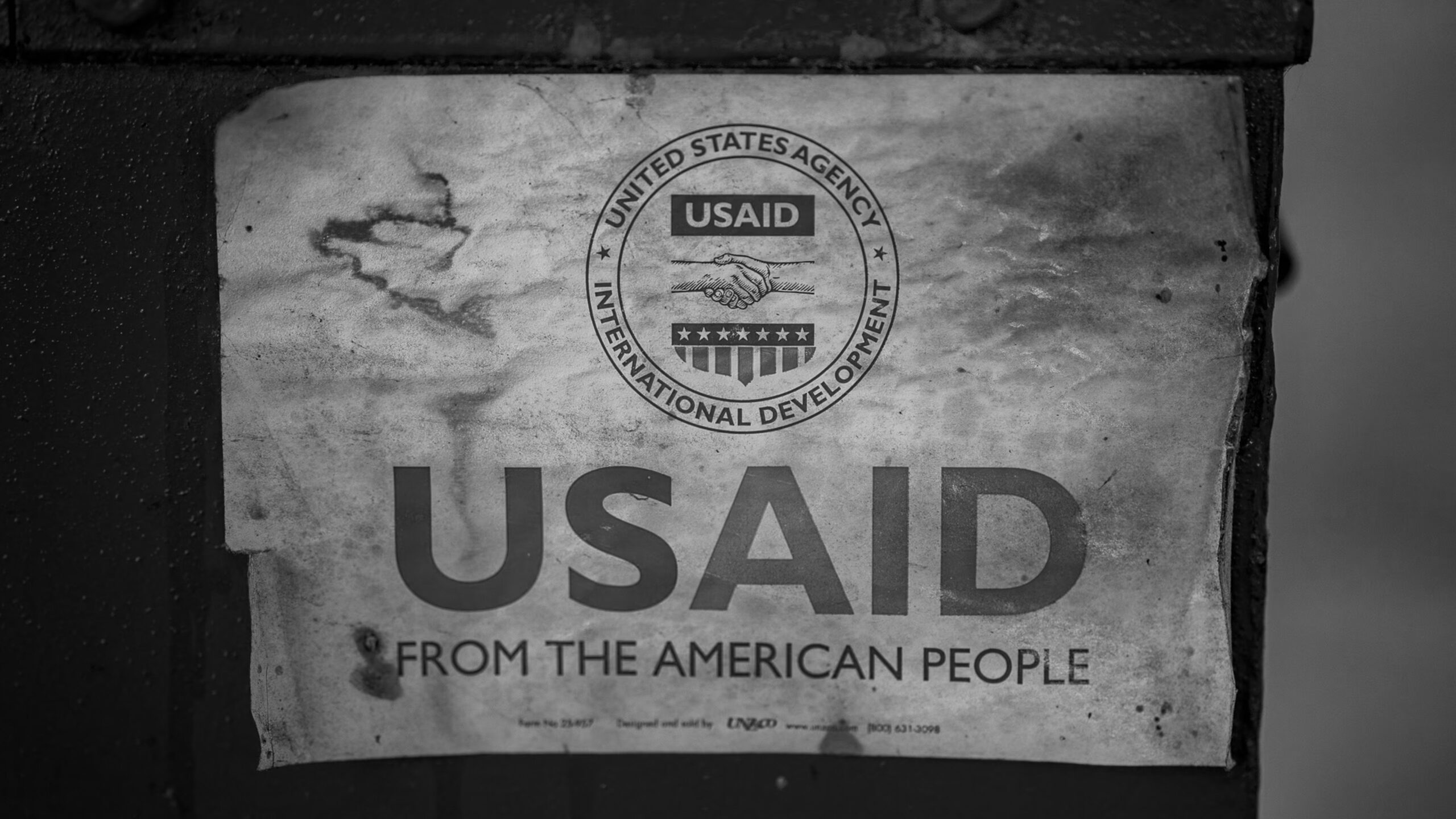Israel-Iran War Impact on Multinational Companies in Kenya: Economic Risks and What’s Next

Maina Susan is a content researcher at Bubi-Alexander, who simplifies Virtual CFO services for multinationals and NGOs with her finance expertise.
LinkedIn >>One spark sets ablaze the forest.
This couldn’t be more fitting for the current global state following the eruption of the Israel-Iran war – a conflict that has escalated into a high-stakes geopolitical standoff involving the United States, and now reverberates through global markets.
Though thousands of kilometers from the Middle East, Kenya’s economy, and especially multinational companies in Kenya, are already feeling the pressure – from rising fuel costs and cyber threats to supply chain risks and forex volatility.
This article explores the Israel-Iran war impact on multinational companies in Kenya, examining economic risks, fuel shocks, inflation, and currency volatility affecting business continuity.
A Brief History of the Israel-Iran War
The Israel-Iran war has been decades in the making, shaped by deep-seated ideological, regional, and nuclear tensions.
Here’s a quick timeline of the current crisis:
- Longstanding hostility between Israel and Iran, fueled by regional power struggles and nuclear concerns.
- The United States has historically backed Israel through military, financial, and diplomatic support.
- In early 2025, Israel conducted airstrikes on suspected Iranian nuclear facilities in Iraq and Syria.
- Iran retaliated with a large-scale missile attack targeting Israeli military and strategic assets.
- The Trump administration responded with increased military presence in the Gulf and diplomatic backing for Israel.
- A U.S.-brokered ceasefire was introduced with support from Saudi Arabia and the UAE – but tensions remain high, and escalation is still possible.
Global Economic Impact of the Israel-Iran War
Oil Prices
- Brent crude oil jumped from under $70 to over $81 per barrel at the peak of the conflict.
- Though prices have since eased back to the $70 range following diplomatic efforts, any further escalation could trigger sharp spikes.
- This poses a major risk for multinational companies in Kenya, especially those in transport, logistics, and manufacturing.
Inflation Pressures
- A sustained increase in oil prices can add between 0.5% and 1% to global inflation, with emerging economies like Kenya facing higher costs of transport, production, and consumer goods.
Currency Volatility
- The U.S. dollar has strengthened as a safe-haven currency, placing pressure on emerging market currencies.
- While the Kenyan shilling has remained relatively stable (averaging KES 129/USD), prolonged conflict could push import and debt servicing costs higher for MNCs.
Economic Fallout: Israel-Iran War Impact on Multinational Companies in Kenya
1. Fuel Price Shocks and Cost Inflation
- Rising fuel and transport costs squeeze margins for MNCs in logistics, manufacturing, FMCG, and retail.
- Companies with fuel-dependent operations may need to review pricing and procurement strategies.
2. Forex Exposure and Dollar-Denominated Debt
- As the dollar strengthens, multinational companies in Kenya with dollar loans or import costs may face higher financial burdens, forcing them to re-evaluate FX risk policies.
3. Shipping Delays and Supply Chain Disruptions
- If the conflict affects key trade routes like the Suez Canal or the Gulf, MNCs importing goods from the Middle East or Asia could experience logistical bottlenecks and increased freight costs.
4. Investor Uncertainty and Capital Delays
- Geopolitical instability may cause global investors to delay or redirect capital. Foreign direct investment (FDI) in Kenya could slow, delaying expansion plans for capital-intensive MNCs.
5. Cybersecurity Risks
- The Israel-Iran cyber conflict poses new security concerns.
- Multinational companies in Kenya may be exposed to data threats as part of the broader Israel-Iran war impact on digital infrastructure.
- MNCs in Kenya, particularly in finance, telecom, and cloud services, must strengthen data and system security.
6. Budgeting and Financial Planning Challenges
- Fluctuations in oil, currency, and logistics costs make it difficult for companies to forecast cash flows, set budgets, or commit to long-term projects confidently.
What’s Next for Multinational Companies in Kenya?
While the U.S.-brokered ceasefire has helped stabilize immediate fears, the future remains uncertain.
In planning for the future, it’s essential that CFOs and regional leads anticipate the long-term Israel-Iran war impact on multinational companies in Kenya.
Here’s how multinational companies in Kenya can proactively manage risk:
i) Monitor global oil and currency trends, and update internal financial models accordingly.
ii) Hedge against forex risks through forward contracts or natural hedging.
iii) Explore alternative sourcing strategies beyond conflict-prone regions.
iv) Bolster cybersecurity infrastructure, especially in digital and financial sectors.
v) Engage with local tax and compliance experts to prepare for secondary economic impacts.
vi) Stress test operations against fuel, shipping, and FX cost increases.
vii) Maintain regular communication with international investors and stakeholders to build confidence.
Conclusion
The Israel-Iran war is far from a localized battle – its global economic aftershocks are already affecting businesses from the Gulf to Nairobi.
For Multinational companies operating in Kenya, now is the time to assess vulnerabilities, reinforce financial strategy, and plan for sustained volatility.
By staying agile and informed, MNCs can not only withstand these shocks – but also position themselves for resilience in an increasingly unpredictable world.
The full extent of the Israel-Iran war impact on multinational companies in Kenya may evolve, but the need for preparedness and agile financial planning has never been clearer.
Bubi Alexander & Co. – Strategic CFO Support for Multinational Enterprises
At Bubi Alexander, we help multinational companies in Kenya prepare for and respond to geopolitical, financial, and operational risks.
Our CFO advisory services include:
- Foreign currency risk mitigation
- Cross-border tax compliance
- Business continuity and financial stress testing
- Supply chain cost modeling and restructuring
Reach out today to schedule a strategic advisory session tailored to your MNC’s exposure.
Disclaimer
This article is intended for informational purposes only and does not constitute legal or financial advice. Please consult your CFO or a qualified advisor for decisions specific to your company.
-
 03 Jul 2025USAID Officially Shut Down: What It Means for NGOs in Kenya
03 Jul 2025USAID Officially Shut Down: What It Means for NGOs in Kenya -
 19 Jun 2025Stablecoin Insights for CFOs in 2025
19 Jun 2025Stablecoin Insights for CFOs in 2025 -
 12 Jun 2025When to Hire a Virtual CFO – NGOs and Multinationals in Kenya
12 Jun 2025When to Hire a Virtual CFO – NGOs and Multinationals in Kenya -
 05 Jun 2025Transfer Pricing in Kenya – A Simple Guide for Multinationals
05 Jun 2025Transfer Pricing in Kenya – A Simple Guide for Multinationals -
 30 May 2025What is the Public Benefits Organizations Act, 2013 and How Does It Affect NGOs in Kenya?
30 May 2025What is the Public Benefits Organizations Act, 2013 and How Does It Affect NGOs in Kenya? -
 14 May 2025Accounting For NGOs - A Simple Guide
14 May 2025Accounting For NGOs - A Simple Guide -
 17 Apr 2025Impact Of Trump's 10% Tariff On Kenya's Exports and Economy
17 Apr 2025Impact Of Trump's 10% Tariff On Kenya's Exports and Economy -
 07 Apr 2025Who is a Virtual CFO and Why Does Your Business Need One?
07 Apr 2025Who is a Virtual CFO and Why Does Your Business Need One? -
 19 Mar 2025Carbon Credits in Kenya: What are They and How are They Regulated?
19 Mar 2025Carbon Credits in Kenya: What are They and How are They Regulated? -
 19 Mar 2025Permanent Establishment (PE) in Kenya: Tax & Compliance Guide
19 Mar 2025Permanent Establishment (PE) in Kenya: Tax & Compliance Guide
